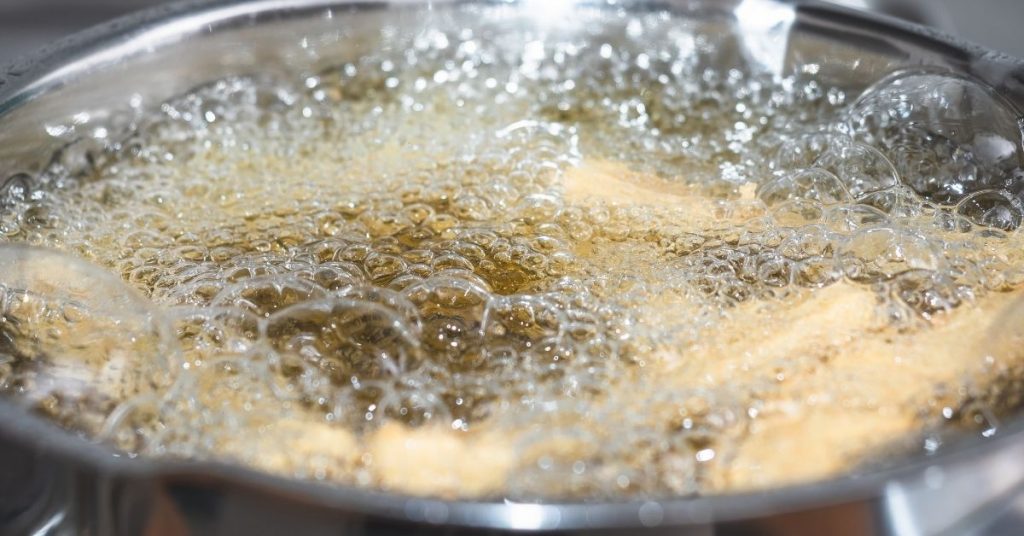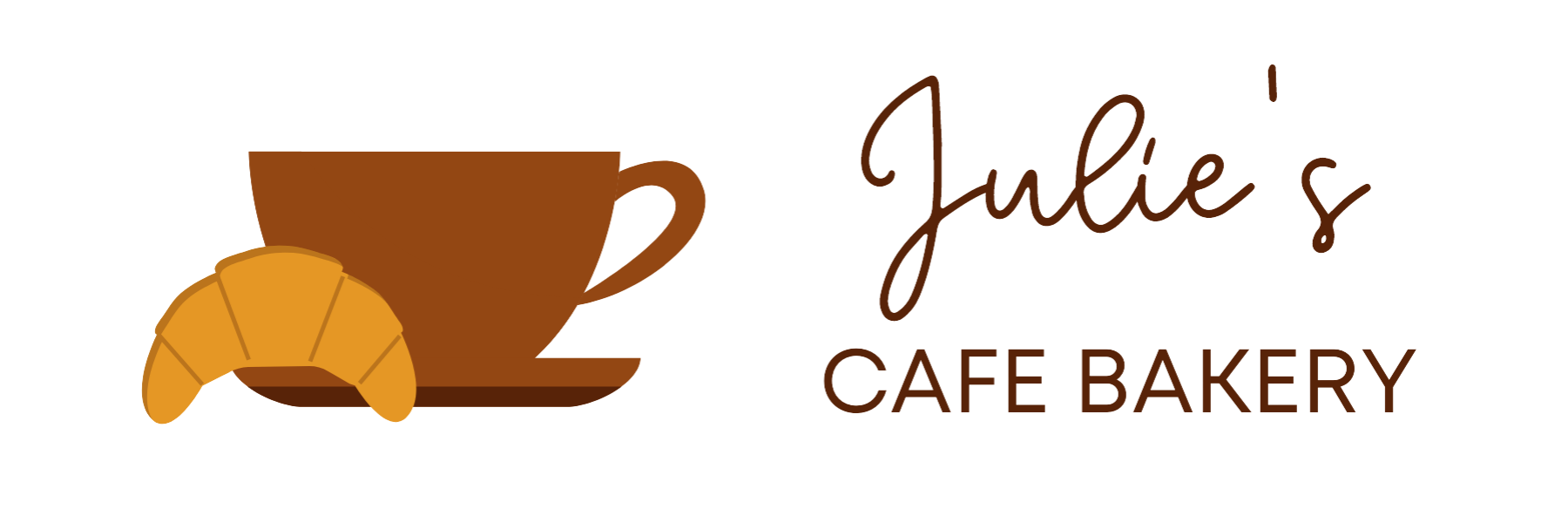Do Cheese Sticks Need to Be Refrigerated? How Long They Last?


Cheese has become a must-have ingredient in the fridge as its uses continue to evolve, from just a way of preserving milk. Cheese sticks are easy and convenient finger foods to make. If you are making them for a party, you may wonder how to store them for later. Do cheese sticks need to be refrigerated?
Cheese sticks need to be kept cold and refrigerated. You can, however, safely keep them out of the fridge for a few days if they are unopened and in an airtight box, and the temperature is 70 °F or lower. Frozen cheese sticks will stay good for eight months.
Preparing different cuisines from cheese is simple and convenient. However, cheese is delicate, and it can easily form disease-causing bacteria if not well stored. Keep reading for more answers to all your cheese sticks-related questions.
What Are Cheese Sticks?
Cheese sticks are deep-fried snacks of sliced cheeses wrapped in spring roll wrappers. They are crispy and golden brownish on the outside, soft on the inside. You can serve these delicious treats as part of a full course meal as appetizers or eat them as snacks.
What Happens if Cheese Sticks Are Left Out Overnight?
Cheese left out overnight will most likely impact its taste and quality, but not so much that it would make you sick. It can get a slightly sour taste and odor, especially during summertime. To avoid this, always store your cheese sticks in an airtight container in the refrigerator or the freezer, so you ensure the best quality for the longest possible time.
Do Fried Cheese Sticks Need To Be Refrigerated?
Yes. Just like with uncooked cheese, fried cheese sticks need to be refrigerated. The most you can leave them out for is 2-3 hours, after which they are no good. However, if it is too hot or the ambient temperature is 80 degrees or higher, the cheese will go bad much quicker.
How Long Do Cheese Sticks Last?
Cheese sticks have a long shelf life of about 6 to 8 weeks. If stored unopened, your cheese sticks can stay good 2 to 3 weeks past their sell-by date. Eat the cheese sticks within a week or less after opening to ensure the best quality. If properly stored, unopened frozen cheese sticks can last up to 8 months.
Note that the freezer time indicated on the pack is for best quality only, and cheese sticks can keep safe indefinitely if kept constantly frozen at 0°F.
How Do You Store Cheese Sticks?
It is vital that you store cheese sticks and other cheese treats in the fridge to retain their quality. If you have left-over cheese that you intend to eat in a day or two put the sticks inside a plastic storage bag, ensuring to remove as much air as possible from the bag before you seal it. You can also use an airtight container. Store them at room temperature.
If you want to store opened cheese sticks longer, drain them on paper towels, place them on a plate in one layer, and leave them to freeze. Transfer them to a freezer-safe zip-lock bag once frozen and store them in the freezer for no more than 8 months.
Store-bought and unopened cheese sticks will last 2-3 weeks after the sell-by date.
Remember that it is not recommended to leave cheese sticks unrefrigerated if the package is ripped or opened.
How Do You Know If Cheese Sticks Have Gone Bad?
Your senses are your best friends when it comes to telling if your cheese sticks have gone bad. If your cheese smells different and has growths or greenish dots on the surface, it is most definitely spoilt. Taste the cheese if you can’t spot any noticeable impurities on the surface. If it tastes like spoilt milk, throw it out.
Also, remember that storing your cheese for too long will automatically impact its quality.
What Happens If You Eat Bad Cheese Sticks?
Bad cheese will most likely have a bad smell and a strange color, making it almost impossible to consume. If you, however, eat bad cheese sticks, you could get an upset stomach, develop a moderate allergic reaction, get food poisoning, or develop respiratory issues. Dire cases could land you in the hospital, put you on dialysis. [1]
Can You Eat Cheese Right Before Bed?
Cheese is rich in a valuable substance called tryptophan, an amino acid that can help with promoting relaxation and stress relief. Cheese is also packed with calcium, a mineral that can reduce stress and stabilize nerve fibers in the brain, so it also relaxes and you sleep better. [2]
Are Cheese Sticks Good For Weight Loss?
The short answer would be that the cheese sticks are not good for weight loss. Let’s first look at the nutrition facts of the raw mozzarella cheese stick. One stick has 85 calories, 6.3 grams of fat and 6.3 grams of protein. [3]
Fried mozzarella stick contains 101 calories, and more than half of that comes from fat. [4]
The serving size of mozzarella cheese sticks contains 8 pieces, which means 808 calories. If this sounds a lot to you, you are right.
Yes, mozzarella has a good amount of protein, but let’s not forget that fried sticks also contain a lot of fat, and fat is what gains weight.
What Can You Serve With Fried Cheese Sticks?
Cheese sticks make for yummy quick snacks for huge parties, small soirees, or just for home consumption. They are easy to make, and you can make them in various delicious ways, depending on your taste.
Some foods that go great with cheese sticks include;
- pizza
- pasta
- chicken wings
- nachos
- chips n dip and
- tomato sauce dipping
I recommend incorporating some crisp leafy veggies for roughage.
What Happens if You Do Not Freeze Cheese Sticks Before Frying?
If you skip freezing cheese sticks before frying, they will melt and disintegrate, leaving you with a melty cheesy mess and no cheese sticks! So, we can say that freezing cheese sticks is a vital step in baking the perfect snack.
How Long Should You Cook Frozen Cheese Sticks?
Cook cheese sticks until they are crispy and golden to brown in color. The amount of time depends on how you are cooking them. You can air fry them, bake them or even cook them on the stove.
To bake your cheese in the oven;
- Preheat your oven to about 450 °F.
- Line your baking sheet with aluminum foil coated with some cooking spray or a few drops of olive oil to prevent the sticks from sticking.
- Place the cheese sticks on the baking sheet, ensuring they do not touch.
- Place them in the oven and bake for about 10 minutes or till crispy.
- Remove from oven and let them cool before serving.
You do not need oil if you are cooking your cheese sticks in an air fryer. Simply;
- Preheat your air fryer for 5 minutes.
- Place the frozen mozzarella sticks in the air fryer basket, ensuring they are evenly spread in a single layer.
- Air fry the cheese sticks at 360 °F for 5 minutes. Gently turn so they can fry on both sides evenly.
- Leave them to cool a little before digging in and serve with salsa sauce.
To cook your cheese sticks on the stove;
- Using a large saucepan, heat oil to 365 °F.
- Put the sticks into oil carefully and fry them in the hot oil for about 30 seconds. Turn them if needed to bake on each side evenly.
- Remove from heat and drain using paper towels.
- Give them a few seconds to cool before eating.
What Happens If You Leave Cheese Sticks To Cook For Too Long?
Overcooking your cheese sticks in the air fryer can cause them to explode and make a huge, cheesy mess. To prevent this from happening, try breading your cheese sticks twice.
What Is The Difference Between String Cheese and Cheese Sticks?
String cheese must always be mozzarella cheese since it’s the only kind of cheese with a natural stringy quality, meaning it can be pulled apart in strands to make string cheese. Cheese sticks are solid rods of cheese made from cheddar cheese or a combination of cheddar and mozzarella cheese.
Why Is Cheese Stretchy?
The proteins separate as the milk curdles to make curds when you make cheese. This causes the proteins to uncoil and turn into long strands, which are then compressed and stretched repeatedly, forcing the strands to line up and create the stringy consistency.
Is Eating Cheese Sticks Healthy?
Cheese is considered healthy, but the cheese sticks not so much. You need to take into account the macronutrients including large molecules such as proteins, carbs and fats, and the micronutrients including small molecules like minerals and vitamins. So, due to high fat levels and the way of preparing cheese sticks, they can’t be considered healthy.

Like all dairy products, cheese sticks are packed with great nutrients such as calcium and vitamins A, D, K., and calcium.
So, if you are more interested in the good sides of eating cheese sticks, here are five ways eating cheese sticks can improve your overall health.
Dental Health
Like any other dairy product, cheese is rich in calcium, too. We can thank calcium for keeping our bones and teeth strong and healthy. So, to keep your teeth cavities-free, feel free to eat cheese every day.
Bone Health
One cheese stick provides a 4% daily value of vitamin A and a 15% daily value of calcium. Calcium can help prevent the loss of bone density that leads to osteoporosis in women, especially as they grow older. Other nutrients that contribute to our bone health are vitamin D and K, and magnesium. [3]
Blood Pressure
Cheese contains sodium, and cheese made using milk from cows that eat alpine grasses contains Omega-3 fatty acids, which maintain your health by regulating your blood pressure and fluid levels and maintaining the wellness of your brain and cardiovascular system.
Cholesterol and Gut Microbiota
Like other fermented foods, cheese helps promote healthy gut bacteria. A study from 2015 shows that healthy gut bacteria can help reduce your blood cholesterol levels.
Healthy Cells and Healthy Body Weight
Cheese contains proteins that aid in building and repairing body cells.
Various studies also indicate that most people with a high body mass index (BMI) tend to have low levels of calcium, and since cheese is rich in calcium, it can benefit people on a diet to lose weight.
What Risks Are Associated With Eating Too Much Cheese Sticks and Other Cheese Products?
The nutrients found in cheese products are helpful to the body in countless ways. However, cheese may contain extremely high quantities of some minerals and fatty acids, resulting in adverse health effects. Some of the risks of consuming too much cheese include;
Trigger Allergies, Sensitivity, Intolerances, and Interactions
Soft cheeses have high levels of lactose and could trigger allergic reactions in people who are lactose intolerant. Allergy symptoms include wheezing, vomiting, and diarrhea. In more severe cases, lactose-intolerant people may develop serious conditions such as asthma and shock.
Increase Risk of Some Lifestyle Disease
One serving of cheese sticks contains approximately 2,000 milligrams of sodium, way more sodium than your body needs in a day. Regular consumption of too much sodium has been linked to increased risk of high blood pressure, type 2 diabetes, and cardiovascular disease. [4]
Cheese sticks also raise harmful cholesterol levels in your bloodstream because of the high saturated fat content. Too much saturated fat consumption can increase the risk of diabetes, obesity, cardiovascular problems, and prostate cancer.
Some cheeses contain high levels of phosphorus which may be harmful to people with a kidney disorder.
Some studies have also shown a link between high calcium intake and an increased risk of prostate cancer.
Migraines and Headaches
Eating foods with high levels of tyramine, such as cheese, can trigger migraines and headaches.
